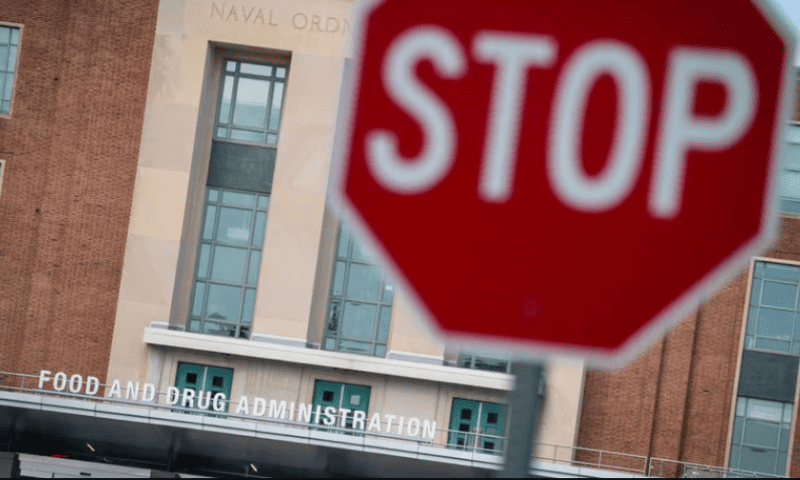The FDA has sounded a warning about Foghorn Therapeutics’ blood cancer candidate FHD-286, putting a phase 1 clinical trial on a partial hold in response to the death of a patient with potential differentiation syndrome.
FHD-286 is an enzymatic inhibitor of BRG1 and BRM, two proteins that promote cancer cell growth. By blocking the proteins, Foghorn thinks its oral candidate may improve outcomes in patients with relapsed and refractory acute myelogenous leukemia (AML) and myelodysplastic syndrome (MDS). However, the FDA has pushed back the generation of data to support that hypothesis in response to a safety signal.
The partial hold allows patients who are already enrolled in the clinical trial and benefiting from FHD-286 to continue to receive treatment. Foghorn can’t enroll new patients, though, leading it to drop its goal of reporting initial clinical data from the dose-escalation study in the second half of the year.
Officials at the FDA imposed the partial hold after learning of the death of a patient with potential differentiation syndrome. The syndrome is associated with multiple AML and MDS drugs that promote differentiation of myeloblasts into mature cells.
Foghorn is the latest in a series of drug developers to see differentiation syndrome when treating AML and MDS. The FDA put a phase 1b clinical trial of Kura Oncology’s menin inhibitor KO-539 on hold last year after a death potentially linked to differentiation syndrome. Further back, Agios Pharmaceuticals saw cases in recipients of enasidenib and ivosidenib, inhibitors of isocitrate dehydrogenase.
The experiences of Kura and Agios offer encouragement for Foghorn. Kura got its partial clinical hold lifted in two months, while enasidenib and ivosidenib made it to market in the U.S. Bristol Myers Squibb now sells enasidenib as Idhifa, and Servier markets ivosidenib as Tibsovo.
Foghorn has the cash to ride out a delay to its program. With Eli Lilly paying $300 million in January as part of a collaboration, the biotech ended March with more than $400 million in the bank, a sum it said provides “significant cash runway.”

